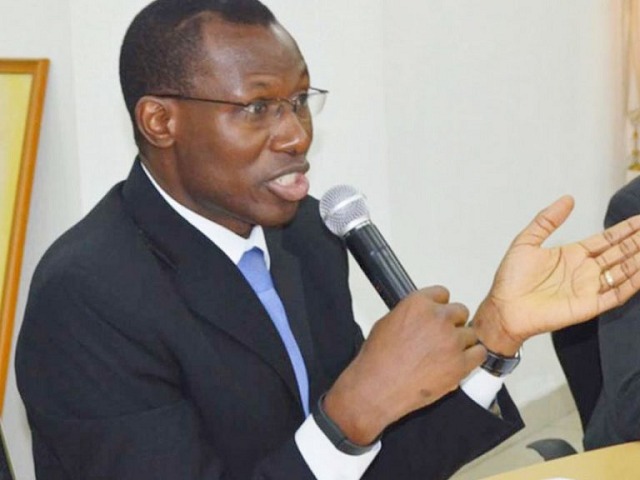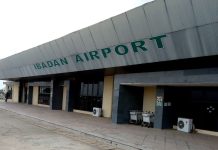With the expiration of the country’s five-year National Broadband Plan in December 2018, coupled with the fact that Nigeria narrowly attained and surpassed the 30 per cent broadband target, the Nigerian Communication Commission (NCC) and telecommunication operators (Telcos) have called on the federal government to as a matter of urgency, review the plan.
This, among others, is to set another broadband target for the country.
The federal government in 2013 had issued the National Broadband Plan (2013-2018), which sets penetration targets for both fixed and mobile broadband throughout Nigeria.
Of the many targets set by the document, the most prominent one was the projection that Nigeria must reach 30 per cent broadband penetration by December 2018, which was achieved last year.
Having attained the feat, industry stakeholders are insisting that there is need for a review of the broadband plan, in order to set new and higher target for the industry.
The Chairman of the Association of Licensed Telecoms Operators of Nigeria (ALTON), Gbenga Adebayo, who spoke on behalf of telecoms industry stakeholders, which he represents, told THISDAY that the review became necessary, to enable Nigerian government tackle the growing demand for broadband access, which he said has become a global phenomenon.
“For Nigeria to be fully digitised in 2019, government must raise broadband penetration level to 50 per cent at the end of 2019 and further raise it to 80 per cent by 2020, when we will be expecting 5G rollout,” Adebayo said.
Commending industry stakeholders for their contributions in attaining 30.9 per cent broadband penetration, the Nigerian Communications Commission (NCC) said it would not rest its oars after meeting the country’s National Broadband Plan target for 2018, but would ensure its review that will set new target for Nigeria.
In a recent statement, the NCC had stated: “Finally, Nigeria cannot rest on its oars. It is important that the National Broadband Plan, which, incidentally, expired last year 2018 be reviewed.
“As the Broadband Commission’s report noted, several countries are reworking their broadband targets to set performance indices in more targeted terms such as speed of service offered and percentage of coverage, penetration and accessibility to specific groups.
“It is important that Nigeria embrace this. The country may also need to re-examine its definition of “Broadband” and move from the current speed rate of 1.5/mbps to something more aggressive.
“It is tempting to simply suggest that Nigeria adopt speed limits set by other more developed economies. But that would be rather shallow. Speed and other targets need to be set in accordance with local conditions, and the earlier this is done, the better for Nigeria.”
The Executive Vice Chairman/Chief Executive Officer, Nigerian Communications Commission, Prof. Umar Garba Danbatta, had re-emphasised the commissions’ commitment in ensuring the provision of broadband infrastructure across the country to achieve last-mile connectivity.
Danbatta had noted that the NCC would ensure the provision of broadband infrastructure across the country to achieve last-mile connectivity.
He added that communications sector remains a catalyst that would provide the needed infrastructure that will enable other sectors thrive.
According to him, “the Communications Sector provides the infrastructure to enable other infrastructures in the different sectors of business, education, health, agriculture, governance, finance and so on.
“The importance of this sector has continued to enhance human capabilities such as healthy life, knowledge, creativity, collaboration, innovation, self-organization and participation in the social, economic and political life of the country as well as impact on economic growth through productivity gains.”
He had also revealed that the commission’s activities have impacted on efficient improvements in service delivery that enable national development.
Danbatta explained that telecommunication acts as an enabler to drive socio-economic growth, developments and modernisation across all sectors of the economy.
He added that robust and reliable telecoms service was depended on adequate broadband infrastructure which will provide the needed impetus to achieve last mile connectivity.
He further stated that the Commission has made plans for massive deployment of 5G infrastructure in the country.












